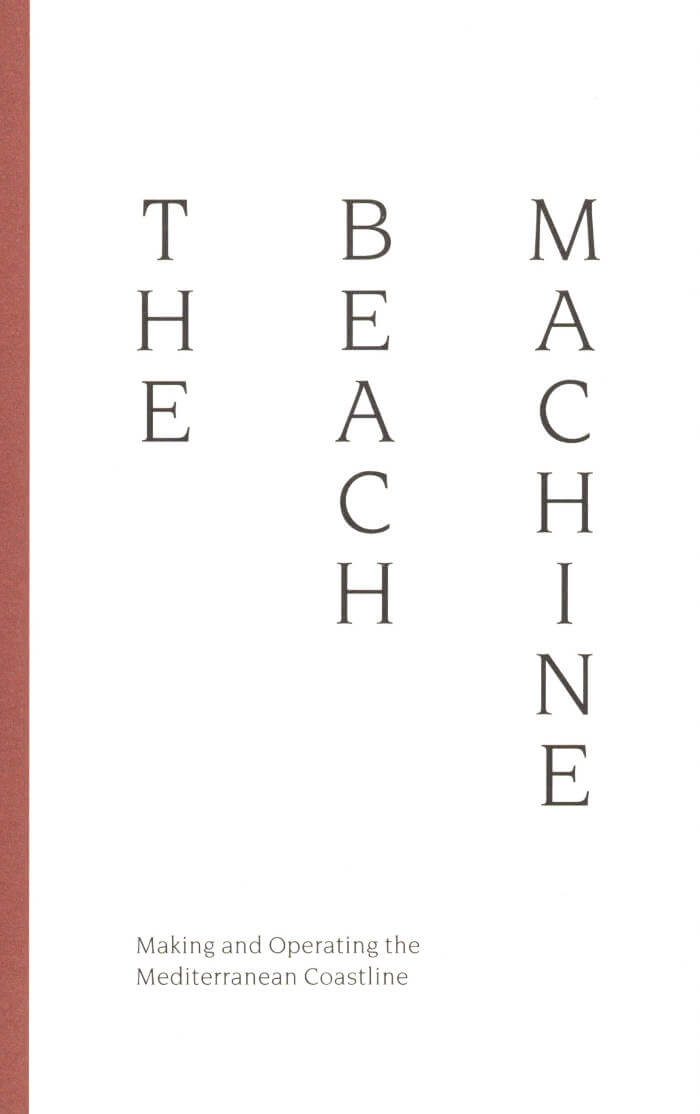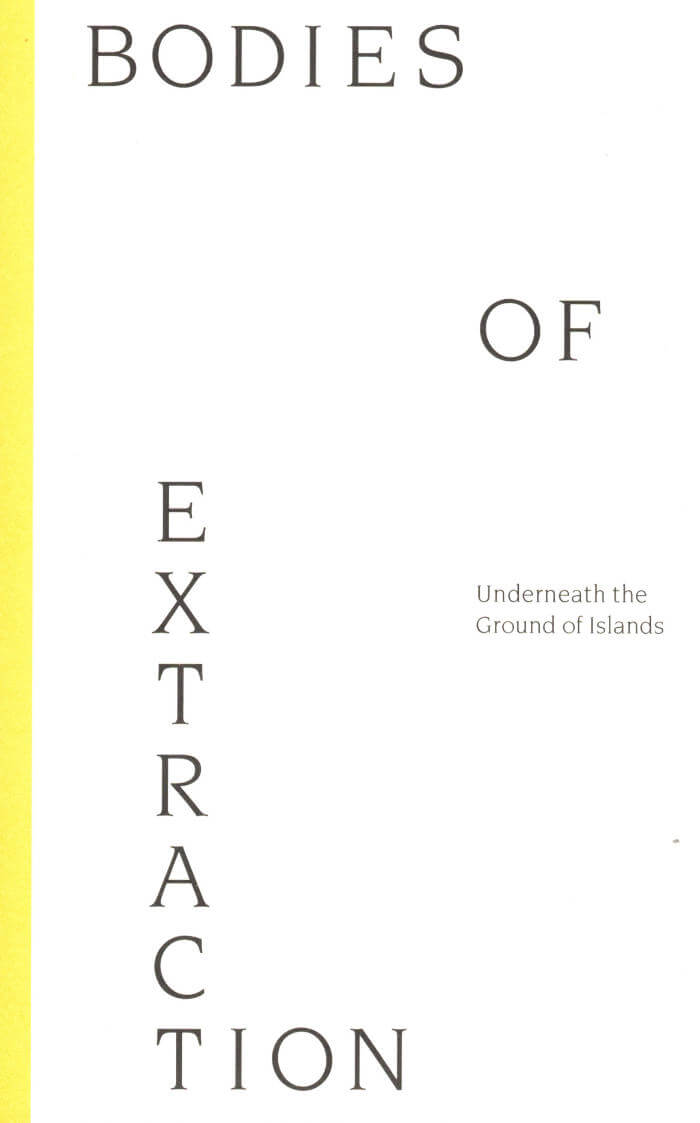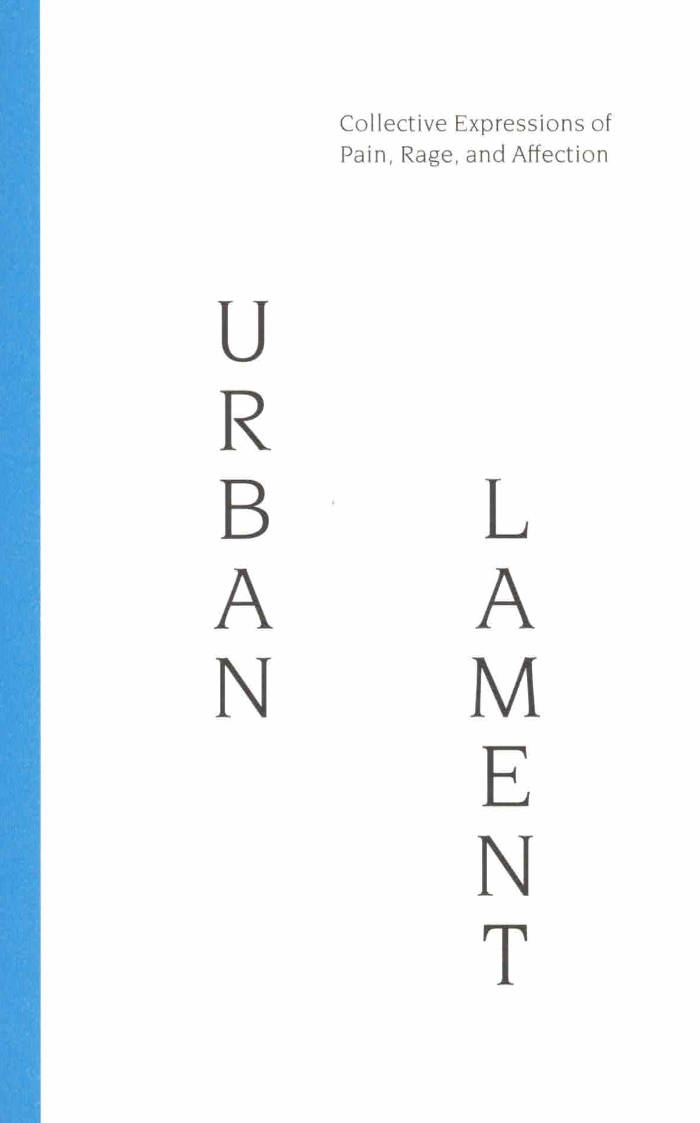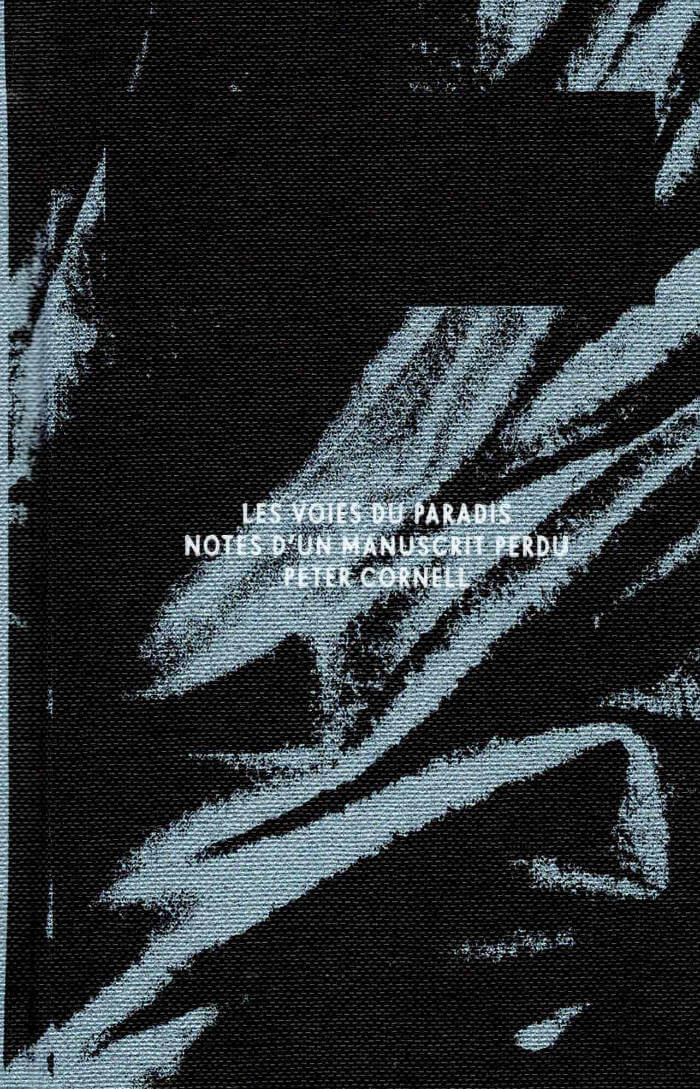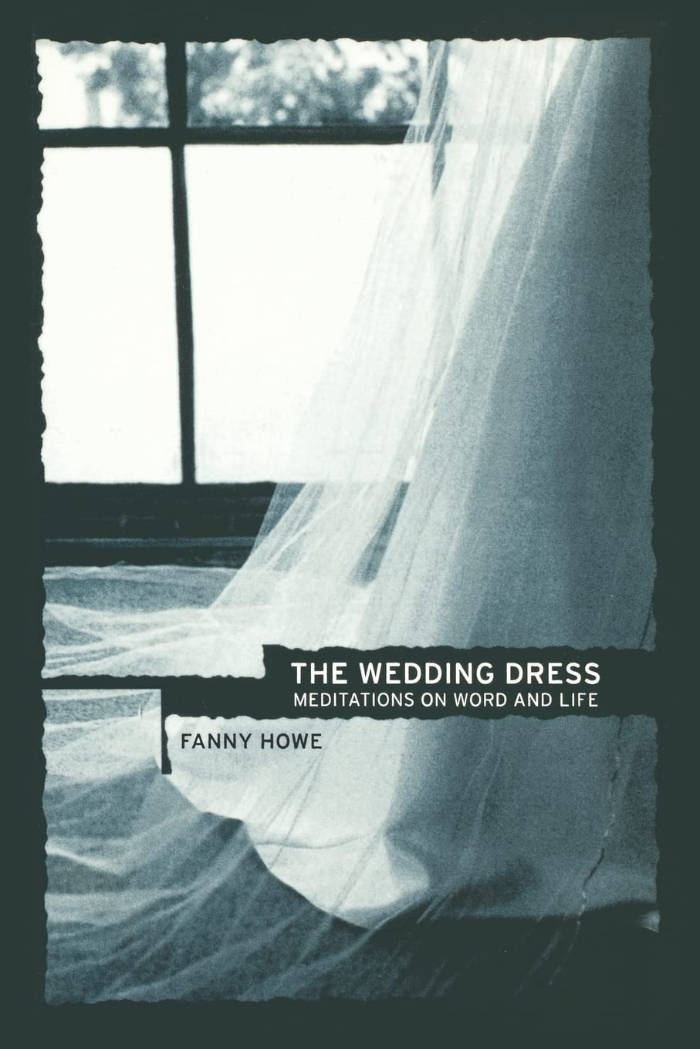
Islands After Tourism
George Papam ed., David Bergé ed.
Tourism does more than transforming spaces and forcing emotions: its geographies also conceal a persisting power that captures the imagination. In their operational sturdiness, tourismscapes appear intractable and inert, making their alternative renderings almost unthinkable. It feels uncanny to picture islands and their coasts freed from programs of leisure. But in recent years, the exhaustion of people and landscapes has brought forth a renewed imperative to think outside this ubiquitous extractive industry. Through essays, pieces of fiction, and visual references, this book discusses both the difficulty and the necessity of disrupting the monocultural imaginations of tourism. To escape the devouring vortex of its sticky nature and messianic promises, the cultural and political work necessary is not only this of negation and resistance, but also that of bold re-conceptualizations and re-imaginings.
